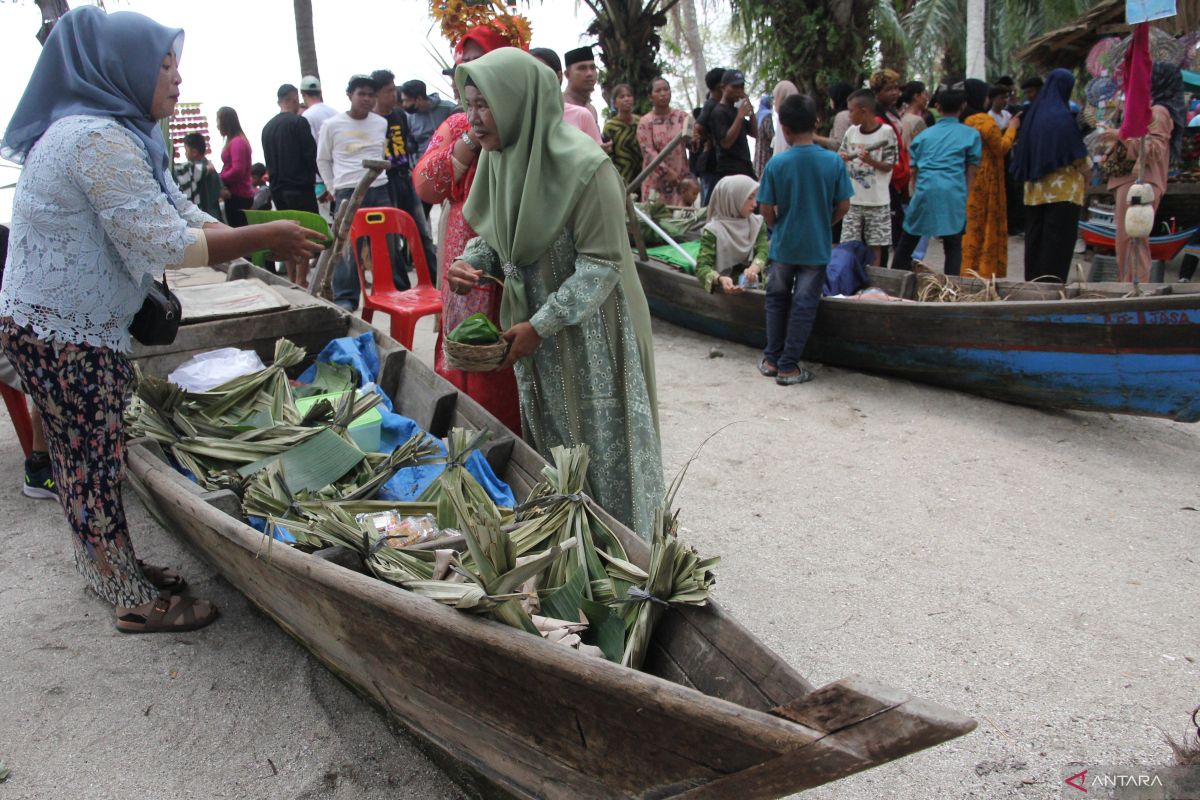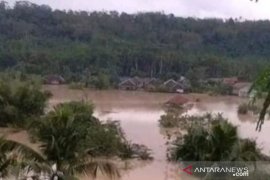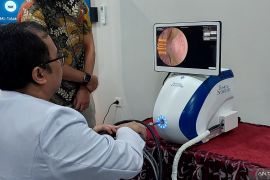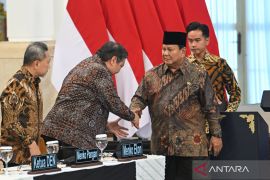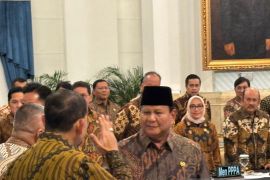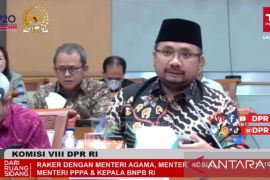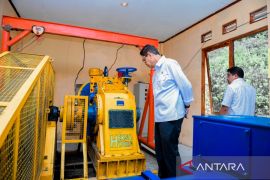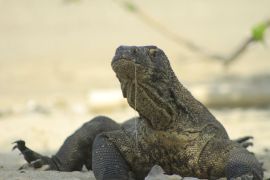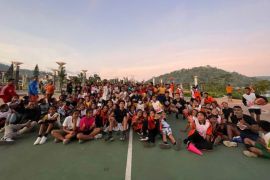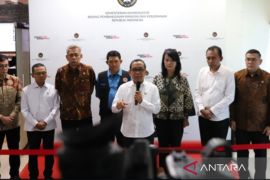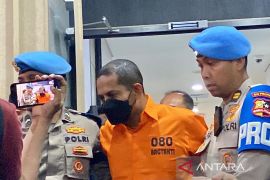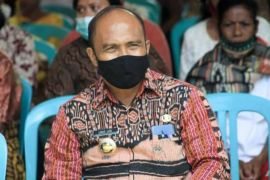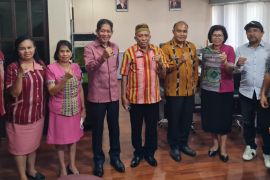The ministry's Director General for Disadvantaged Regions Development Samsul Widodo said on Thursday that this approach promotes integrated, sustainable development of village tourism.
Ecosystem-based tourism includes natural resource management, community organization, and local participation, he said.
By incorporating these elements, the model can empower communities economically and support environmental sustainability while promoting local scenery, he added.
“For example, villages can offer local food and products to tourists,” Widodo said.
He added that the LPDP alumni are expected to drive innovation in rural tourism through this approach.
Related news: Lampung developing tourism ecosystem to support rural economy
At the same event, Dimposma Sihombing, the ministry’s director of socio-cultural and organizational development integration, said the LPDP Non-State Apparatus Services Program (PANA-LPDP) focuses on enhancing village tourism capacity and promoting sustainable tourism.
The program aims to advance village and regional development using socio-cultural and organizational strategies, Sihombing said.
A total of 24 alumni — 21 from domestic universities and three from foreign institutions — will serve in four villages in Sumba Barat Daya District, East Nusa Tenggara: Karuni, Watu Kawula, Maliti Bondoate, and Pero Konda.
Sihombing noted that Sumba Barat Daya is one of many disadvantaged regions in Indonesia.
The six-month program aims to build the alumni’s understanding of development challenges in rural areas while supporting local governments in promoting sustainable tourism.
Related news: Strengthening tourism villages for stronger rural economy
Translator: Tri Meilani Ameliya, Mecca Yumna
Editor: Rahmad Nasution
Copyright © ANTARA 2025
